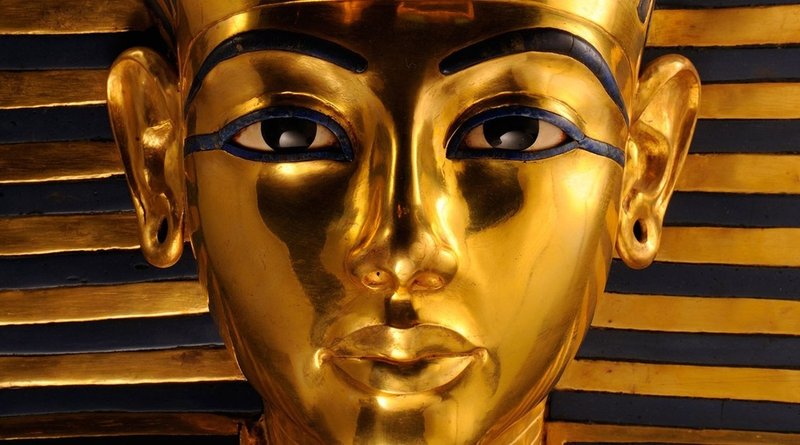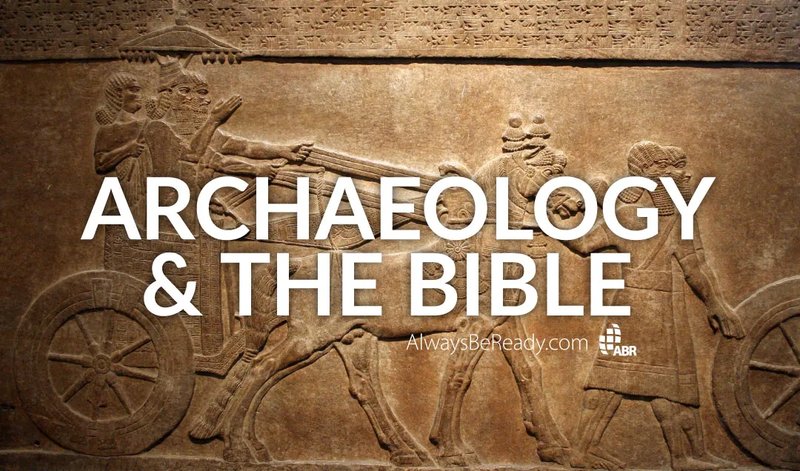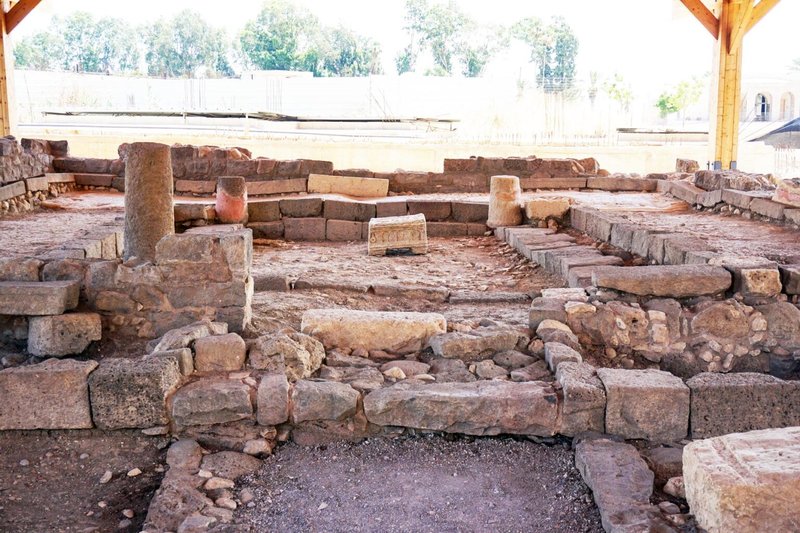· Apologetics > Apologetics Basics > History · 4 min read
Divine Insights: Egyptology from a Biblical Lens
Unlock the mysteries of Egyptology in this fascinating article exploring ancient Egyptian civilization, pharaohs, tombs, hieroglyphics, and more. Delve into the wonders of the pyramids and uncover the secrets of the Nile's historic treasures.

Egyptology: Unveiling Ancient History
Egyptology is the study of ancient Egyptian civilization, including its language, culture, history, and artifacts. It provides valuable insights into one of the most fascinating civilizations that has ever existed. However, when it comes to using Egyptology to confirm or deny the biblical record, caution must be exercised. Our understanding of history and science is limited, and the field of Egyptology is constantly evolving.
Egyptian Chronology and its Challenges
One of the key challenges in reconciling Egyptology with biblical chronology lies in the widely accepted Egyptian chronology. According to this chronology, the pyramids predate Noah’s flood, which raises questions about their survival during such a catastrophic event. Furthermore, there is no evidence of a mass exodus of Hebrews or the existence of figures like Joseph or Moses during the time period suggested by the Bible.
There are several possibilities to consider in light of these challenges:
The commonly accepted Egyptian chronology may be inaccurate. Many scholars have voiced doubts about its accuracy and have published articles discussing alternative timelines.
The commonly accepted biblical chronology may be flawed. It is possible that our understanding of genealogies and other biblical records has led to incorrect dating of events such as the Exodus and Noah’s flood. Some biblical scholars argue that these commonly accepted chronologies could be incorrect.
Biblical corroboration may be found in a different time period. Traditional Egyptian dating places the Exodus in the 18th or 19th dynasty, where no evidence supports its occurrence. However, similarities and corroborations can be found in the period of the 12th and 13th dynasties.
More evidence may yet be uncovered. Archaeological discoveries continue to shed new light on ancient history. For example, new chambers were discovered in the Valley of the Kings (where King Tut’s tomb is located) in the 21st century. Who knows what other evidence may still be found?
It is possible that archaeological evidence for biblical events may never be found. The ancient past is shrouded in mystery, and the lack of evidence for many events is not necessarily evidence against their occurrence.
The Importance of Objective Scholarship
It is crucial for scholars to approach their research objectively, allowing the evidence to guide their conclusions rather than forcing preconceived notions. This applies to both believers and non-believers. Unbelievers may have a vested interest in discrediting the Bible, while Christians may unconsciously interpret evidence in a way that aligns with their faith.
As Christians, however, we can have confidence in the truth of Scripture regardless of the current state of evidence. We must recognize that human understanding is limited, and science is subject to change. The truth of the Bible can withstand scrutiny, and we can trust that it will prevail in the end.
Why This Matters
Understanding the challenges and limitations of Egyptology in relation to biblical history is important for several reasons:
Faith and Belief: Recognizing the uncertainties and debates surrounding Egyptology can strengthen our faith in God’s Word. We can trust that even if archaeological evidence seems to contradict certain aspects of biblical history, there may be valid explanations or undiscovered evidence.
Intellectual Engagement: Engaging with these topics encourages intellectual curiosity and thoughtful exploration of biblical history and archaeology. It allows us to appreciate the complexity of ancient civilizations and deepens our understanding of the historical context of the Bible.
Dialogue and Apologetics: Being aware of the challenges posed by Egyptology equips us to engage in conversations with skeptics or those who question the historical accuracy of the Bible. By understanding the nuances of these debates, we can present a well-informed and reasoned defense of our faith.
Think About It
How does recognizing the limitations of Egyptology affect your understanding and interpretation of biblical history?
What role does faith play in accepting the biblical record, even when scientific evidence seems to contradict it?
How can a balanced approach to Egyptology and biblical history contribute to fruitful dialogue with skeptics or those who have doubts about the Bible’s accuracy?
In conclusion, Egyptology offers valuable insights into ancient Egyptian civilization, but caution must be exercised when using it to confirm or deny the biblical record. The challenges posed by Egyptian chronology and the limitations of archaeological evidence remind us of the partial nature of human understanding. As Christians, we can have confidence in the truth of Scripture, recognizing that the evidence may evolve over time and that God’s Word can withstand scrutiny.



